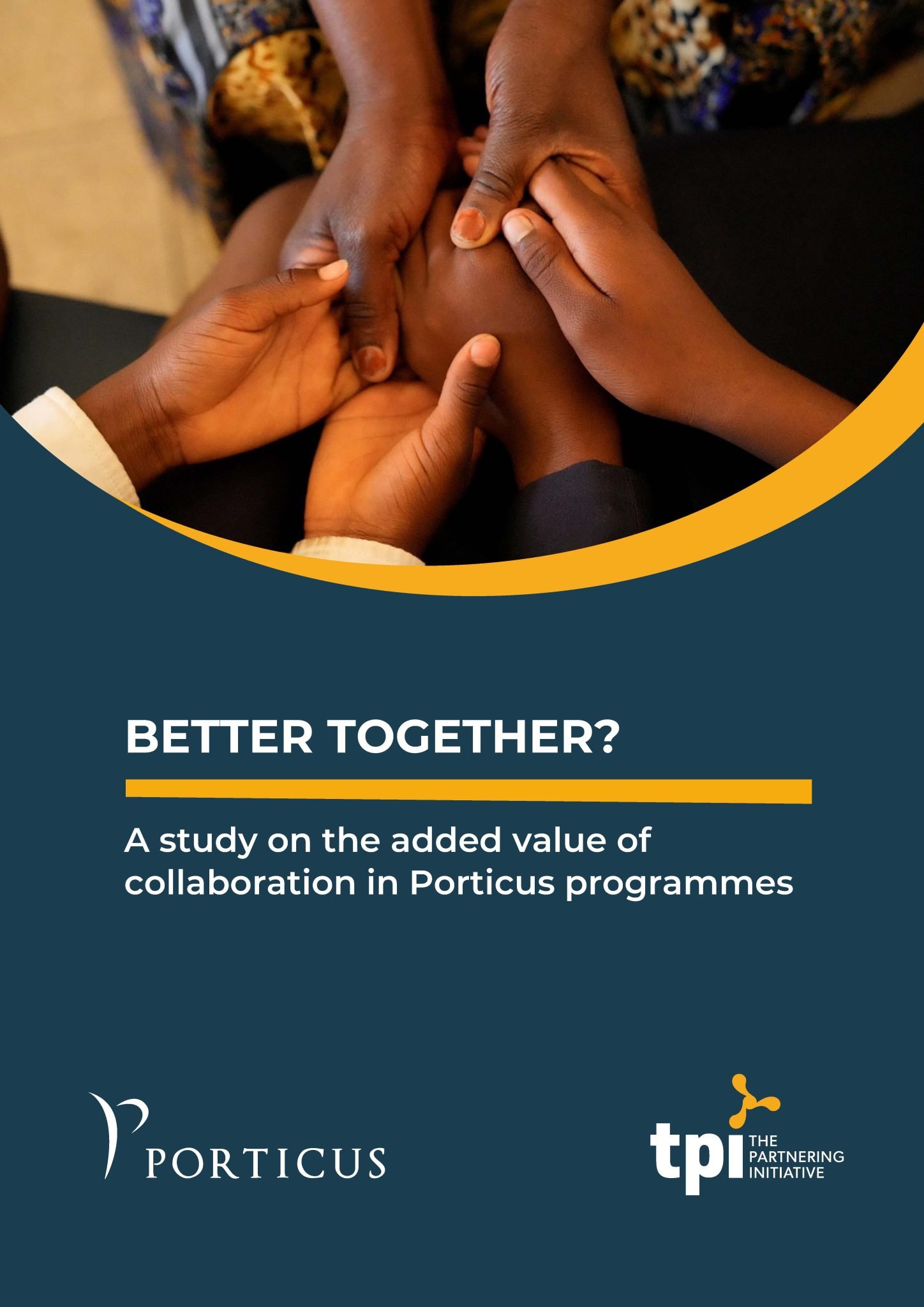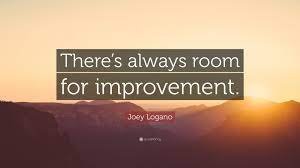Change doesn't happen in isolation. It is the product of the combined effort, knowledge, energy, and resources of various entities, where collaboration frequently proves more efficient, innovative, and sustainable than single-actor approaches. Porticus, an international funding organization that strives for a just and sustainable future, has been capitalizing on this power of collaborative advantage. Over the past five years, Porticus has significantly invested in fostering a strong partnership approach in its grant funding, facilitating collaboration between its grantees, and developing programs that maximize the potential of collective action.
The reward? A transformational impact that would be impossible to achieve through isolated efforts. Yet, as with any innovative practice, reflection, and recalibration is essential for continuous growth and improvement. Therefore, Porticus, led by its Working Group and 360 Philanthropy Team, has decided to review the extra value that its partnering approach has generated, and to explore avenues for further value creation.
To accomplish this, Porticus engaged The Partnering Initiative (TPI), an organization specializing in the theory and practice of partnering. The objective was to provide an insightful analysis of the value created through Porticus-supported collaboration and to identify untapped potential.
TPI’s report found that the program approach has successfully enabled significant collaboration between Porticus partners. The evidence clearly shows that this collaboration has added substantial value and was crucial in achieving outcomes on the pathway towards broader system change goals. This collaboration, besides being a key to achieving these goals, has intrinsic value for the participating partners.
However, as the old saying goes, "There's always room for improvement." There are several steps that can be taken across different levels within Porticus to be more intentional about supporting collaboration. Among the critical enablers of successful collaboration in Porticus programs, four stand out:
The proactive role of Porticus Programme Managers: Managers who build connections, identify synergies, and mediate between partners can significantly boost collaboration.
Thoughtful and participatory design of programs: Programs need to be designed in a way that promotes collaboration and is sensitive to power dynamics, ensuring equitable involvement of all partners.
Allocation of sufficient resources: Both Porticus and its partners need to allocate dedicated resources to the operational requirements of collaboration.
Supportive institutional strategy and processes: The organization should allow for flexible program development and adjustments, along with longer planning timeframes, to adapt to evolving theories of change and partner dynamics.
A further key finding relates to the vital role of Monitoring, Evaluation and Learning (MEL) partners. They are instrumental in assessing the health and effectiveness of collaborations and their contributions to goals and outcomes. The MEL partner role is also critical in facilitating collaboration and promoting shared learning.
The review reaffirmed Porticus's commitment to participation and collaboration. The organization recognizes the incredible value of collaborative efforts, not just for achieving its strategic goals, but also for individual partners. Hence, Porticus remains undeterred in encouraging collaboration between its partners.
The results of this analysis offer both an affirmation of Porticus’s ongoing efforts and a blueprint for how to build upon this success. The collaborative initiatives already underway, led by Porticus's dedicated Programme Managers and the 360 Philanthropy Team, are impressive examples of the potential of partnership. By leveraging the findings of this report, Porticus stands ready to tap even deeper into the power of partnership, driving transformational change in its quest for a more just and sustainable future.






